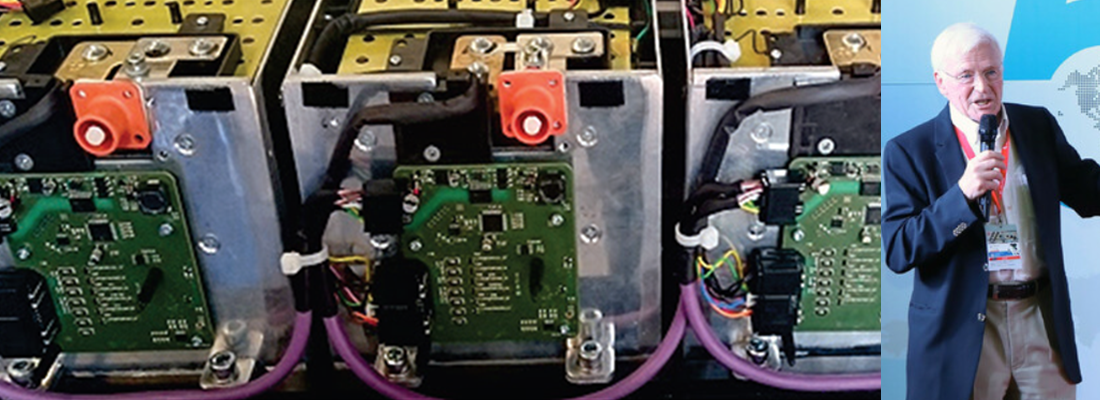Ideas for growth
Automotive remanufacturers and government need to work together to unlock the sector’s potential and make the circular economy a reality, suggests Premila Glover of UK motor trade organisation SMMT.
It’s estimated that the current UK remanufacturing industry is worth £2.4 billion - with automotive one of the most established sectors, utilising parts from all vehicle systems, from engines and gearboxes, to fuel components and electronics. The potential for growth is significant, but barriers such as uniform quality control and building trust to unlock procurement investment persist.
The findings of the UK’s all-party Parliamentary Group for Sustainable Resources and Manufacturing are well known in the sector and zero in on the challenges ahead if the UK is to fully embrace the considerable potential of remanufacturing. Clearer guidelines for public procurement, advice on how companies can incorporate circular economy analysis, and increased awareness of remanufactured goods are key to unlocking what this group thinks has the potential to become a £5.6 billion industry. An essential step in realizing this is by connecting policymakers with industry.
The Society of Motor Manufacturers and Traders (SMMT) works closely with its members to understand the latest trends and developments in the automotive remanufacturing space. SMMT’s Remanufacturing Committee, made up of member businesses working in the sector, is one avenue for this.
Government involvement
Most recently, SMMT has been working with the Department for the Environment, Food and Rural Affairs, the Department for Business, Energy and Industrial Strategy and non-governmental organization Policy Connect. We have arranged one-to one meetings for members with policy experts in order to best advise the government on how to improve market conditions for remanufacturers of components, while meetings with MPs and cabinet ministers help to boost engagement with policymakers.
The UK has the capability to make more of its remanufacturing potential, with the opportunity to boost the economy, increase skills and create jobs as well as ensure a more sustainable future. Typically, remanufacturing can consume 85% less energy than manufacturing because the process uses material from the original product rather than all-fresh raw materials. This means a reduction in CO2 emissions and waste during production, helping the automotive sector and customers lower their environmental impact. By reducing emissions, energy, water and raw material use, the remanufacturing sector can support the global commitment to net zero.
Circular growth
Boosting remanufacturing growth is vital for meeting the UK’s ambition to move towards a circular economy and, as an industry, automotive is committed to reducing its environmental impact. Remanufacturing plays a crucial role in this, something which is recognised each year in SMMT’s longrunning Sustainability Report - yet its true potential is still to be realised. Widespread knowledge is currently low, so SMMT continues to work at highlighting the many benefits a larger sector can bring.
With the UK government engaged in exciting new projects to reduce waste and improve efficiency, notably in the Resources and Waste Strategy, it is an opportune time to promote the valuable contribution that remanufacturing makes.
Among other benefits, our members have the opportunity to participate in roundtables with key stakeholders, network with other businesses and participate in remanufacturing showcases organised to raise the profile of a promising sector.
If you are interested in becoming a member of SMMT, please contact membership@smmt.co.uk.






